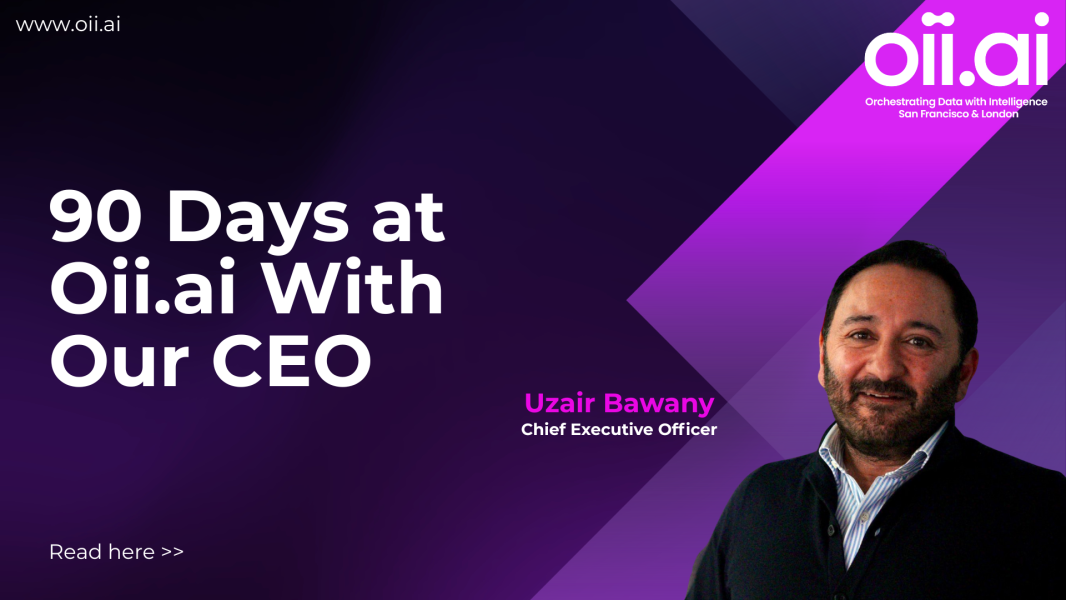1. You started out as a derivatives and convertible bond trader at ING. What first attracted you to finance, and did you always see yourself working in this field?
"Honestly, I stumbled into finance. I was studying Material Science and Civil Engineering at university, running an IT business on the side, and was obsessed with optimising systems - whether it was code, molecular structures, financial markets, or supply chains. Trading offered an incredible playground for that: fast, data-driven, high-pressure, and all about probabilities. Did I always see myself in finance? No. But I always knew I wanted to be where complexity meets decision-making -and finance was a great place to start."
2. You spent seven years as a trader at ING before moving into CFO roles and strategic leadership. What was the biggest challenge in making that transition?
"Going from milliseconds to years. As a trader, you live in short-term decisions - reacting in seconds, optimising in minutes. As a CFO and strategist, I had to start thinking in multi-quarter cycles, building long-term resilience instead of just optimising for the next move. It was a shift from winning the trade to winning the market - aligning financial strategy, operations, and sustainable growth."
3. You've held leadership roles in some of the world’s biggest financial institutions. What’s the most valuable lesson you've learned about managing teams and driving success?
"Two things:
1. Complexity kills speed. The best leaders simplify. Whether it's a financial model, a supply chain, or a business strategy - clarity beats complexity every time.
2. People drive results, not processes. You can have the best strategy in the world, but if your team isn’t engaged, it won’t matter. The best teams I’ve worked with had a shared mission, autonomy, and a culture where everyone felt accountable for the outcome."
4. You’ve been both an athlete and a coach in rowing. Do you see any similarities between leading a sports team and leading a business?
"Absolutely. Rowing and business both require extreme synchronisation. You can have eight incredibly strong rowers, but if they’re not moving together, the boat won’t go fast. It’s the same in business - alignment matters more than individual talent. Also, in rowing, there’s no room for egos - if one person thinks they’re more important than the team, the whole boat slows down. I’ve seen the same in corporate leadership: the best teams succeed because they operate as one unit."
5. During your fintech stage, you focused on AI and data-driven finance solutions. What excites you most about how technology is changing the financial world
"We’re moving from descriptive finance to predictive finance. In the past, finance was all about what happened. Now, thanks to AI, we can predict what is most likely to happen next - whether that’s liquidity risks, supply chain disruptions, or financial failures. Digital twins have enabled us to build far more insightful models than ever before. The exciting part? We’re not just reacting anymore - we’re anticipating and optimising in real-time. The finance industry is finally catching up to where other industries (like logistics, e-commerce, and even sports) have been for years."
6. Looking back at your career, is there a particular moment or decision that stands out as a turning point?
"Yes - leaving traditional banking for fintech and innovation. I spent years in large banks, optimising within the rules of the system. But when I moved into fintech, asset management, and startups, I realised we could change the system itself - using data, AI, and alternative financing models. That shift - from optimising inside the box to redesigning the box itself - was game-changing for me.
7. You’ve worked across traditional banking, fintech, and asset management. How has your mindset evolved through these different experiences?
"At banks, I learned scale and risk management - how to structure and operate within a massive system. At fintechs, I learned speed and adaptability - how to move fast, break things (carefully), and iterate. At asset managers, I learned capital allocation and long-term thinking - how to make money work harder. Now, my mindset is a mix: Move fast and be strategic. Optimise everything while keeping an eye on resilience."
8. You’ve worked at both startups and major corporations. What are the biggest cultural differences between the two, and which environment do you thrive in most?
"Big companies have resources, stability, and structured processes, but they move slow. Startups have speed, innovation, and risk-taking, but often lack structure. I thrive in environments where complex problems benefit from fast solutions - whether that's a scaling startup or a big company trying to reinvent itself. The key is balancing discipline with agility - if a company can do that, they win."
9. If you could go back and give your younger self one piece of career advice, what would it be?
"Invest relentlessly in knowledge, and don’t assume the smartest person in the room is the loudest one."
10. If you could invite anyone, dead or alive, to a private dinner party, who would it be?
"Richard Feynman, Leonardo da Vinci, and Serena Williams. Feynman because he made complexity simple and fun. Da Vinci because he was the ultimate cross-disciplinary thinker. Serena because I’d love to learn how to win with relentless consistency. Also, I’d throw in Elon Musk—just to see if he and Feynman would argue over physics or business."






